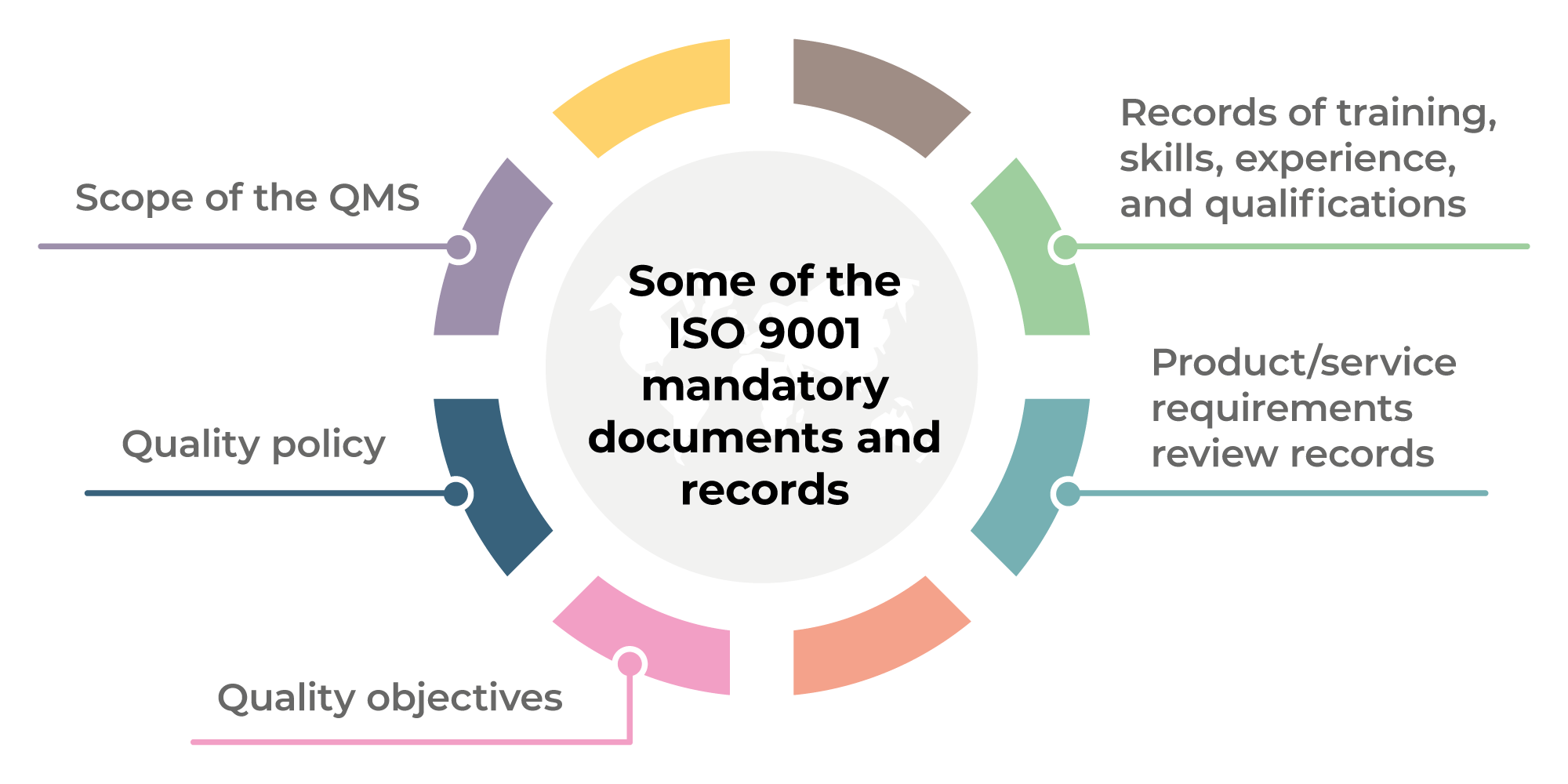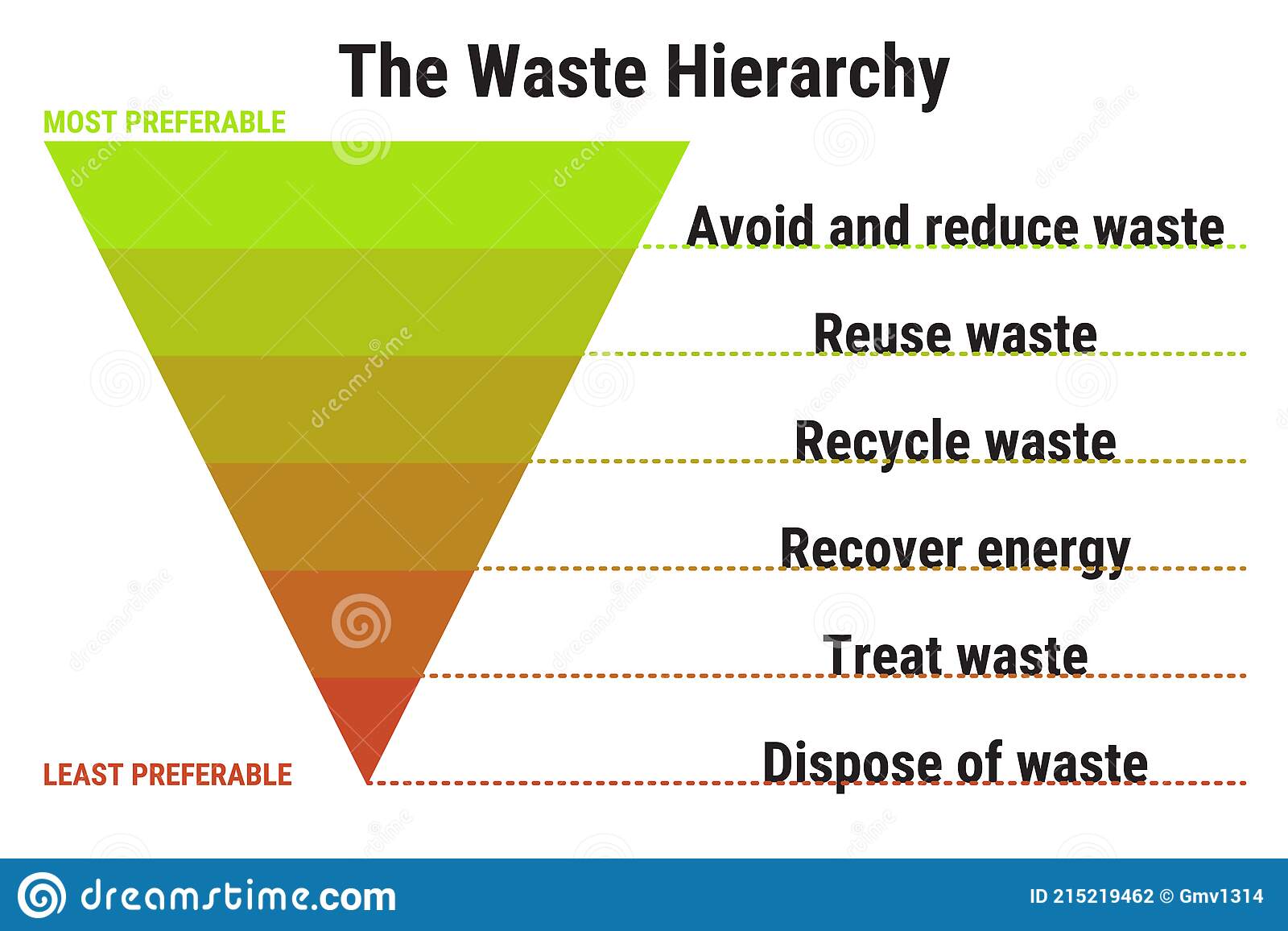
There are various degrees available in the field of human resources. You can choose to earn a Bachelor’s degree, Master’s degree, or a doctoral level. However, most HR professionals hold either a Bachelor's degree or a higher degree. This field can also be helped by an Associate degree.
Bachelor's degree
An online Bachelor's degree in human resources is a great choice for those working in the human resources field. Online programs allow you to study at home without having to travel to class. You can also access your coursework whenever it suits you. An online degree program in human resource management offers courses in management and economics.
A bachelor's degree in human resource management typically takes four to five years. You'll need to cover introductory, intermediate and more advanced material. A capstone project or internship is usually required. A master's degree is a great way to further your career. You can get a master's in human resources if you are interested in higher positions.

Master's degree
A master's in human resource management can prepare you for a variety roles. You will learn the basics of human resource management while taking elective courses that are relevant to your professional goals. You will also get personalized attention from the faculty because of the small classes. You can complete your degree in two years depending on how busy you are.
A Master's degree is an investment in your future career. While it's not a prerequisite for a job in the field, it can improve your skills and increase your earning potential. Many universities offer graduate certificates for HR. This allows you to expand your knowledge without having to commit to a full-time degree program. Some employers also offer additional training to their employees.
Doctoral degree
A Doctoral Degree in Human Resources can help you to become an effective organizational leader. This degree will allow you to manage individuals, groups, and entire organizations. In addition, you'll learn about how to motivate your workforce and analyze business data, both qualitatively and quantitatively. It will also teach you how to analyze people in organizations to make informed decisions and increase organizational effectiveness.
Many online programs offer Doctoral degrees in human resource management. You should make sure that the institution you choose is accredited in order to receive a top-quality education. This will ensure that your degree is recognized by a third party and allow you to access federal financial aid. Accreditation agencies, which are private organizations that accredit educational institutions, hold them to certain standards.

Associate degree
An associate degree in human resources will help you acquire the skills necessary to be successful in this area. HR professionals must have the ability to manage and coordinate a team. They must be able solve problems and communicate with employees. They must also know the basics of employment law. They must also understand the relationship between an employee and an employer, as well as the effects of collective bargaining and unions.
If you would like to work for a company, an associate degree in human resources can be earned online. Many programs provide financial aid to students who are financially in need. You may be eligible for grants or scholarships from other sources. Check with your employer for workplace-based aid. People with relevant work experience will often receive partial or complete rides from many companies.
FAQ
What are the 3 main management styles?
These are the three most common management styles: participative (authoritarian), laissez-faire (leavez-faire), and authoritarian. Each style has strengths and flaws. Which style do yo prefer? Why?
Authoritarian – The leader sets a direction and expects everyone follows it. This style is most effective when an organization is large, stable, and well-run.
Laissez faire - Each individual can decide for himself/herself. This style works best when an organization is small and dynamic.
Participative - The leader listens to ideas and suggestions from everyone. This is a great style for smaller organizations that value everyone.
What is the difference in a project and program?
A project is temporary; a program is permanent.
A project is usually defined by a clear goal and a set deadline.
It is often done in a team that reports to another.
A program usually has a set of goals and objectives.
It is typically done by one person.
How do you manage your employees effectively?
Effectively managing employees requires that you ensure their happiness and productivity.
It is important to set clear expectations about their behavior and keep track of their performance.
To do this successfully, managers need to set clear goals for themselves and for their teams.
They must communicate clearly with their staff. They must communicate clearly with staff members.
They should also keep records of all activities within their team. These include:
-
What did we accomplish?
-
How much work was done?
-
Who did it, anyway?
-
How did it get done?
-
Why did it happen?
This information can help you monitor your performance and to evaluate your results.
What is TQM, exactly?
The industrial revolution saw the realization that prices alone were not sufficient to sustain manufacturing companies. This led to the birth of quality. To remain competitive, they had to improve quality as well as efficiency.
Management responded to the need to improve, and developed Total Quality Management (TQM). This focused on improving every aspect of an organization’s performance. It included continuous improvement processes, employee involvement, and customer satisfaction.
What is Kaizen?
Kaizen is a Japanese term which means "continuous improvement." This philosophy encourages employees to continually look for ways to improve the work environment.
Kaizen is based on the belief that every person should be able to do his or her job well.
Statistics
- The BLS says that financial services jobs like banking are expected to grow 4% by 2030, about as fast as the national average. (wgu.edu)
- Our program is 100% engineered for your success. (online.uc.edu)
- As of 2020, personal bankers or tellers make an average of $32,620 per year, according to the BLS. (wgu.edu)
- UpCounsel accepts only the top 5 percent of lawyers on its site. (upcounsel.com)
- This field is expected to grow about 7% by 2028, a bit faster than the national average for job growth. (wgu.edu)
External Links
How To
How can you create a Quality Management Plan, (QMP)?
QMP (Quality Management Plan), introduced in ISO 9001,2008, provides a systematic method for improving processes, products, or services through continuous improvement. It provides a systematic approach to improving processes, products and customer satisfaction by continuously measuring, analysing, controlling, controlling, and improving them.
QMP stands for Quality Management Process. It is used to guarantee good business performance. QMP is a standard method that improves the production process, service delivery, customer relationship, and overall business performance. QMPs must include all three elements - Products, Services, and Processes. When the QMP includes only one aspect, it is called a "Process" QMP. If the QMP is focused on a product/service, it's called a QMP. QMP stands for Customer Relationships.
Two main elements are required for the implementation of a QMP. They are Scope and Strategy. They are defined as follows:
Scope is what the QMP covers and how long it will last. This will be used to define activities that are performed in the first six months of a QMP.
Strategy: These are the steps taken in order to reach the goals listed in the scope.
A typical QMP has five phases: Planning (Design, Development), Implementation (Implementation), and Maintenance. Here are the details for each phase.
Planning: In this stage, the objectives of the QMP are identified and prioritized. All stakeholders involved in the project are consulted to understand their requirements and expectations. After identifying the objectives, priorities, and stakeholder involvement, the next step is to develop the strategy for achieving these objectives.
Design: In this stage, the design team designs the vision and mission, strategies, as well as the tactics that will be required to successfully implement the QMP. These strategies are put into action by developing detailed plans and procedures.
Development: Here the development team works toward building the necessary resources and capabilities to support the successful implementation.
Implementation: This involves the actual implementation of the QMP using the planned strategies.
Maintenance: Maintaining the QMP over time is an ongoing effort.
Additionally, the QMP should include additional items:
Participation by Stakeholders is essential for the QMP's continued success. They need to be actively involved in the planning, design, development, implementation, and maintenance stages of the QMP.
Project Initiation: The initiation of any project requires a clear understanding of the problem statement and the solution. This means that the initiator should know why they want something done and what they hope for from the end result.
Time Frame: It is important to consider the QMP's time frame. A simple version is fine if you only plan to use the QMP for a brief period. For a long-term commitment you may need more complicated versions.
Cost Estimation: Another important component of the QMP is cost estimation. You cannot plan without knowing how much money you will spend. The QMP should be cost-estimated before it can begin.
The most important thing about a QMP is that it is not just a document but also a living document. It evolves as the company grows and changes. It should therefore be reviewed frequently to ensure that the organization's needs are met.